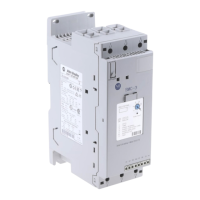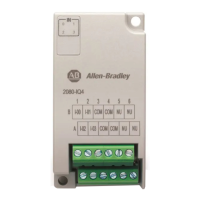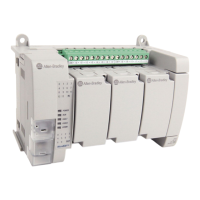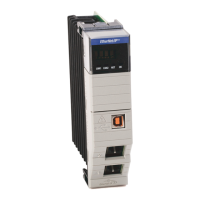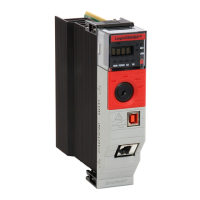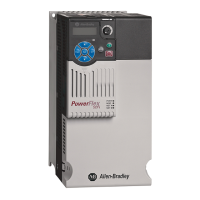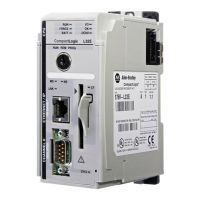62 Rockwell Automation Publication ICSTT-RM447M-EN-P - July 2019
Chapter 3 Controller Functionality
fitted) forwards traffic from port E3-1 to E3-2, and from port E3-2 to E3-1. In
each case, the second of these ports represents an uplink to the remainder of
the network or (if applicable) to a different network. A device connected to
this port sees all the traffic which can be of use to it: broadcasts, multicasts, and
unicast traffic not destined for the 9110.
The processor module continues to consume the unicast messages intended for
itself, and all broadcast and multicast messages, as it does when Ethernet
Forwarding is disabled.
Ethernet forwarding is not designed to make links from one processor module
to a different processor module, for example from ports E1-2 to E2-1 and E2-2
to E3-1. Do not do this.
The controller keeps its Ethernet forwarding setting if you change one or more
of the 9110 processor modules. You do not have to change the setting during
corrective maintenance.
Compiler Verification Tool
The Compiler Verification Tool (CVT) is a software utility that validates the
output of the application compilation procedure. It is automatically enabled
for resources when a project is created and when you add a resource to an
existing project. This procedure in conjunction with the validated execution
code produced by the AADvance Workbench confirms that there are no errors
introduced by the Compiler during the development of the application.
To achieve this CVT decompiles the application project file and then
compares each individual application project (POU) source files with its
decomposed version. The CVT analysis is displayed in the Workbench
window.
The OPC Portal Server
The OPC Portal Server is a windows-based application that allows OPC
compatible clients, such as HMIs and SCADA systems, to connect to one or
more AADvance controllers to access process data. It conforms to version 1.10
of the Alarms and Events Standard published by the OPC Foundation.
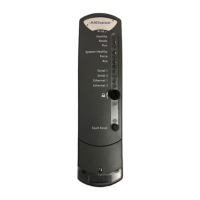
